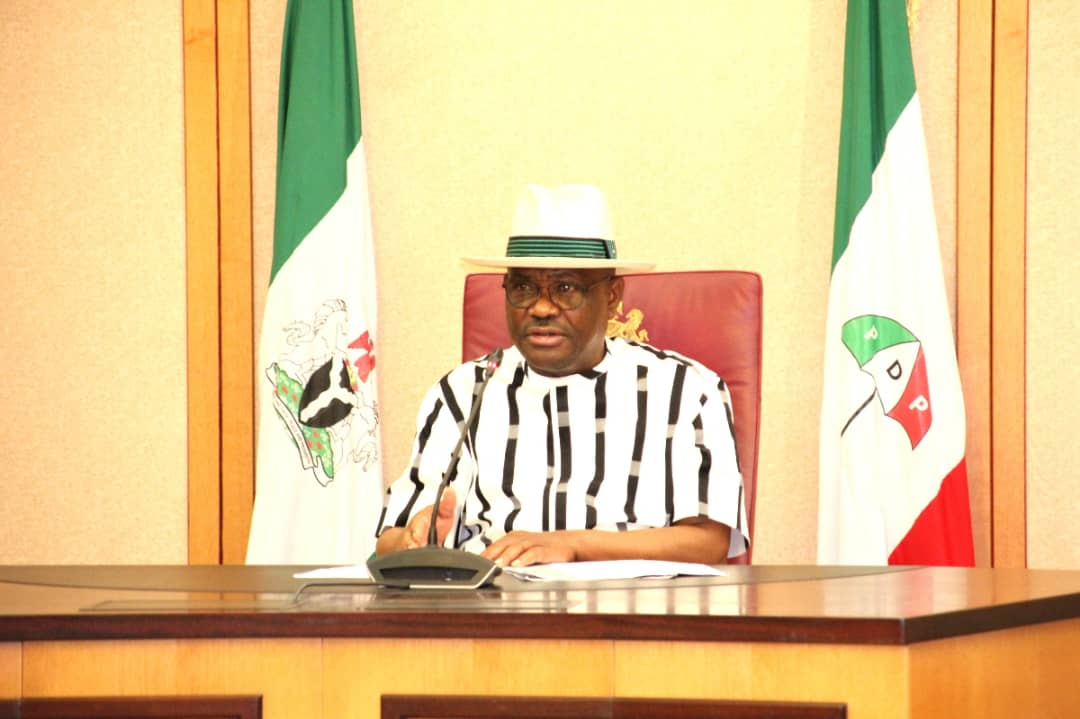Business
Nigeria To Move Away From Dependence On Crude Oil – NEPC

The Nigerian Export Promotion Council (NEPC) says Nigeria will soon move away from total dependence on crude oil to exporting non-oil resources and products.
The Regional Coordinator of the Council, South-South, Mr Joe Itah, said this during a One-Day Round Table Stakeholders’ forum on Cassava and Palm Producers in the Non-Oil Exports Sub-Sector in Yenago, yesterday.
He said “The spate of economic uncertainties around the most economies of the world has shown us that it is time to really sit up and seek to do things differently to enhance the economy.
“It is in pursuit of this goal that the Nigerian Export Promotion Council (NEPC) established the One-State-One-Product project which in itself is an offshoot from the Zero Oil Plan Initiative.
“The Zero Oil plan is a Federal Government driven economic arrangement enshrined within the Economic Recovery and Growth Plan (ERGP) to develop and promote 22 choice products where Nigeria has competitive advantage for export.
“It was first introduced in 2016 to lift the nation out of the then recession.
“Presently, the initiative is an integral part of the Nigerian Export Economic Sustainability Plan (NESP).”
Itah identified the main product in Bayelsa as cassava, with palm oil as an alternate product.
He added that “But there are few more other products of interest in Bayelsa that could do well in export including sea foods and rice among others,” he added.
In his presentation, the Commissioner for Agriculture and Rural Development, Mr David Alagoa,said what they needed was setting a task force for all exporters to follow.
He said one of the focuses with export was that one must register his or her company to make the person a businessman or woman.
“For you to go into exporting mode you must do a research before venturing into such a business, knowing the markets to export your goods.
“You must not start big in a business, but you can start small, for you to grow it gradually before it becomes what you want it to be.
“People are exporting all sort of things, the leaves they wrap moimoi with, brooms are selling abroad twenty time what they cost here, back of cannel shell can be exported also,” he said.
In her speech, the Permanent Secretary, Ministry of Commerce and Industry, Ms Patience Abah, said the Bayelsa government was ready to partner private sector to enhance economic development.
She commended the organisers of the forum, saying that it was a welcome development for Bayelsa exporters.
Transport
Automated Points Concession : FAAN Workers Gave 72hrs To Revise Decisions In PH

Transport
FAAN Announces Pick-Up Points for Go-Cashless Cards

Business
Fidelity Bank To Empower Women With Sustainable Entrepreneurship Skills, HAP2.0
-
Politics2 days ago
2027: NIGERIANS FAULT INEC ON DIGITAL MEMBERSHIP REGISTER DIRECTIVE
-

 Environment2 days ago
Environment2 days agoLAWMA Director Says Sweeping Reforms Have Improved Waste Collection
-
Politics2 days ago
LP Crisis: Ex-NWC Member Dumps Dumps Abure Faction
-

 Politics2 days ago
Politics2 days agoUmahi Dismisses Allegations On Social Media, Insists On Projects Delivery
-

 Sports2 days ago
Sports2 days agoAbia Not Sure To Secure continental Ticket
-
Sports2 days ago
La Liga: Yamal Records First Career Hat-trick
-

 Sports2 days ago
Sports2 days agoCity Survive Leeds’ Challenge At Elland Road
-
Politics2 days ago
IT’S A LIE, G-5 GOVS DIDN’T WIN ELECTION FOR TINUBU – SOWUNMI

